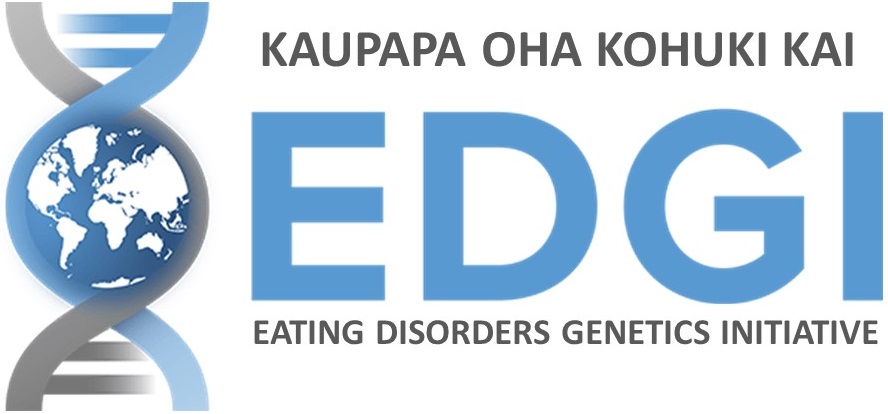Call for increased awareness of eating disorder prevalence in high-performance sport

The two peak Australian bodies, The Australian Institute of Sport (AIS) in partnership with the National Eating Disorders Collaboration (NEDC) are this week, Monday Sept 7, calling for increased awareness of the prevalence of eating disorders in high-performance sport. They issued a joint position statement and supporting resources comprising a toolkit for sporting organisations to better understand the signs and symptoms of eating disorders and improve their ability to provide help to athletes. AIS and NEDC are recommending each sport to develop its own sport-specific disordered eating policy.
While eating disorders can affect anyone, from any gender, or cultural background, athletes are more at risk for disordered eating, particularly if they believe it is possible to enhance their sports performance through weight regulation.
Aesthetic sports which focus on appearance, such as figure skating, dancing, diving, gymnastics, beach volleyball and rowing, and endurance sports which focus on individual performance, rather than the entire team, for example track and field, cycling and swimming, are also associated with an increased risk of eating disorders.
While high levels of exercise have been identified as a potential risk factor for eating disorders, sport may be also serve as a protective factor against body dissatisfaction and the development of an eating disorder.
An eating disorder is a complex mental illness that for some, can lead to severe and permanent physical complications, and even death. In New Zealand, the lifetime prevalence of eating disorders is estimated to be between 1.5 and 2.1 per cent.
Many factors influence eating disorders, including genetics, developmental transitions (including puberty, childbirth, and menopause), thinking styles (such as perfectionism), body dissatisfaction, and sociocultural pressures to be thin.
According to Clinical Psychologist, Senior Lecturer, University of Otago, Christchurch, and EDGI NZ Co-lead Investigator, Dr Jennifer Jordan, any measures put into place to better support the eating disorders community are another step in the right direction.
“We would like to see similar initiatives in New Zealand to support our sporting communities,” said Dr Jordan.
“Eating disorders are associated with severe disturbances in people’s eating behaviours and related thoughts and feelings. Preoccupation with food, body weight, and shape may also signal an eating disorder. People experiencing some eating disorders may hold an inaccurate perception of or have high dissatisfaction about their body size and shape, and attempt to control their weight and appearance through excessive dieting, exercising, and/or purging.
“Both males and females engaged in competitive physical activities, including sports, fitness and dance, have increased rates of body dissatisfaction, disordered eating and eating disorders. Physical activity and sporting environments play an important role in influencing how people perceive their own bodies, said Dr Jordan.
Dr Jordan is the co-Lead Investigator for the New Zealand arm of the Eating Disorders Genetics Initiative (EDGI), the ground-breaking genome wide association study (GWAS) aimed at identifying the hundreds of genes that influence a person’s risk of developing anorexia nervosa, bulimia nervosa and binge-eating disorder, to improve treatment, and ultimately, save lives.







